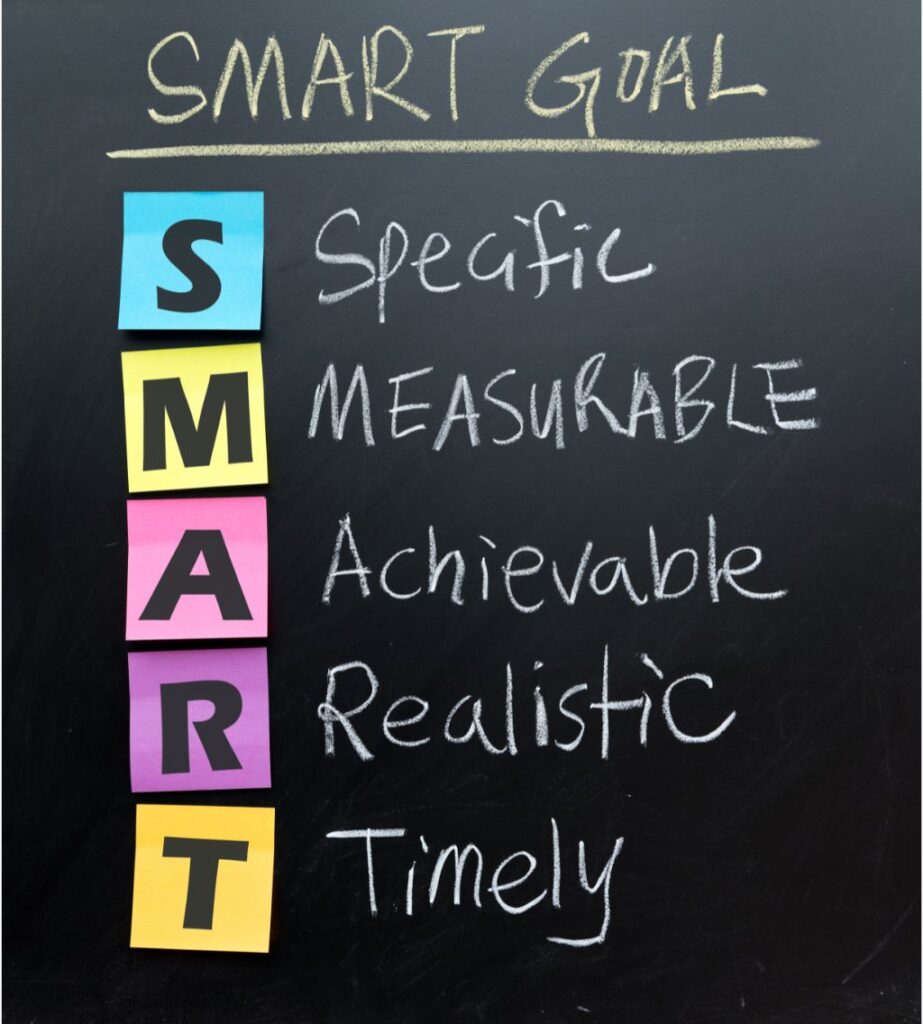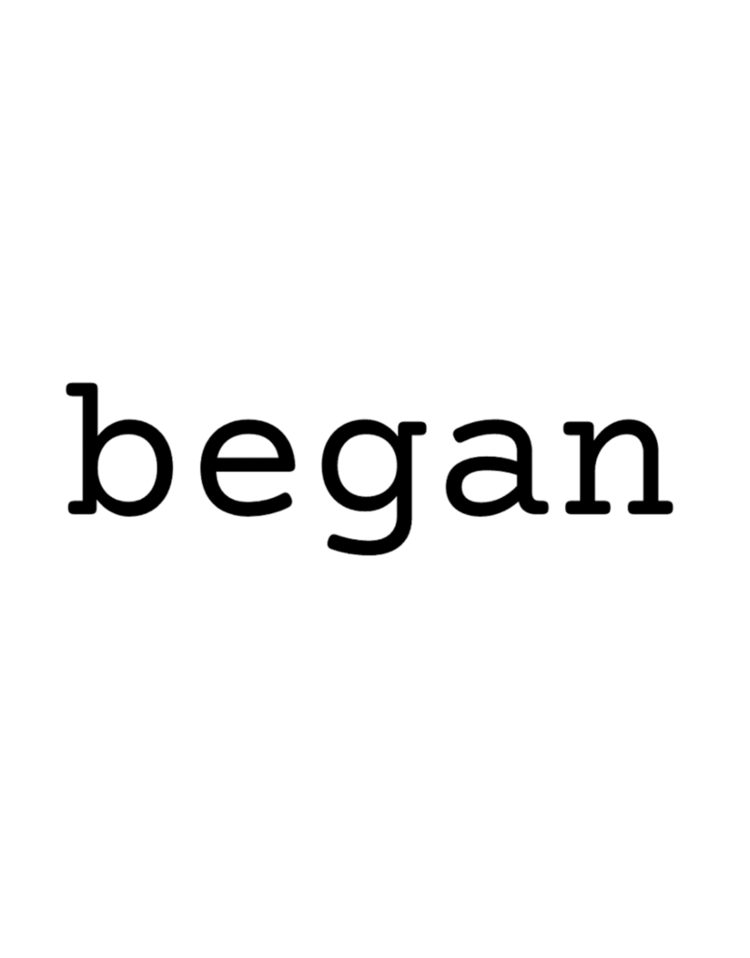I’ve got goals. Maybe you’ve got goals. Our goals are important to us, and we want to do all we can to achieve those goals. But one stumbling block we might run into on the path to success with our goals is that they’re too vague. We don’t state them in a way that makes them as easy as possible to achieve.
In other words, our goals aren’t SMART.
You’ve probably heard about SMART goals before, and this theory of goal setting was first introduced way back in 1981. When you make a goal SMART, you’re already well on your way to achieving that goal.
Let’s compare a non-SMART goal with a SMART goal so you can see why creating SMART goals is the way to go.
- Non-SMART goal: I want to lose weight.
- SMART goal: I will lose 10 pounds in 6 months.
While that non-SMART goal sounds okay, it really doesn’t set any guidelines for achieving that goal. You could lose 5 pounds, or 20 pounds, and it could take you weeks or months or years.
With the SMART goal, you know what you want to do and when you want to achieve it.
Here’s how it works: Each letter in SMART stands for something:
- Specific: Your goal has be specific. It needs to answer as many who, what, why, where, when, and how questions as possible, depending on the goal.
- Measurable: You have to be able to measure your progress or how will you know how you’re doing?
- Achievable: Your goal has to be achievable. With our SMART goal example above, yes, that goal is achievable. If the goal was to lose 10 pounds in 2 weeks, that goal is NOT achievable and sustainable in a healthy manner. (A realistic rate of weight loss, per the experts, is an average of 1-3% loss per week…average being the key word. Weight loss can fluctuate week to week even when you’re nailing your plan to a T, so it’s good to keep a realistic perspective).
- Realistic: Is your goal realistic? Yes, it might be attainable at first glance, but when you take into consideration your “real” life, can you achieve this goal with your real life?
- Timely: A goal has to have a deadline—an ending point. Otherwise, that finish line can keep moving farther and farther away.
Since we’re almost half way through 2023, if you have any goals you’re struggling with, try making them SMART.
What will your first SMART goal be? Please leave it in a comment below!






Leave a Reply